
Faced with the disinformation created by images generated with artificial intelligence, a project led by Adobe seeks to implement a technological standard that provides data on the origin and alterations of digital content on the Internet. Although it is in its early stages, more than 50 news outlets and fact-checkers in Latin America have already joined as members.

Disinformation narratives that seek to delay actions against climate change, a communication initiative to train communities on digital security, and protection tips for journalists covering the Amazon were lessons learned at the II Amazon Summit on Journalism and Climate Change, organized by Fundamedios, in Ecuador.

In the book "The man with the white shoes: The life of the inventor of the dog-eat-dog world on Brazilian TV," journalist Maurício Stycer sheds light on the professional trajectory, personal history and innovations introduced by Jacinto Figueira Júnior, better known as The man with the white shoes. Stycer, a renowned TV critic in Brazil, explores the emergence of sensationalism, shock and amazement as central production values of TV journalism in the country.
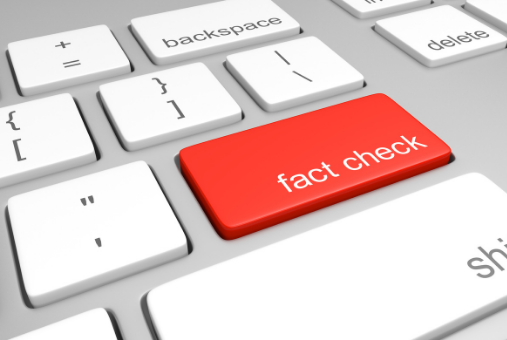
Latam Chequea, UNESCO and Chequeado seek to provide tools to more effectively combat the disinformation that circulates during elections through talks aimed at key actors in the electoral process - such as journalists, electoral bodies and high school teachers. The next talk aimed at journalists will be held on June 14.
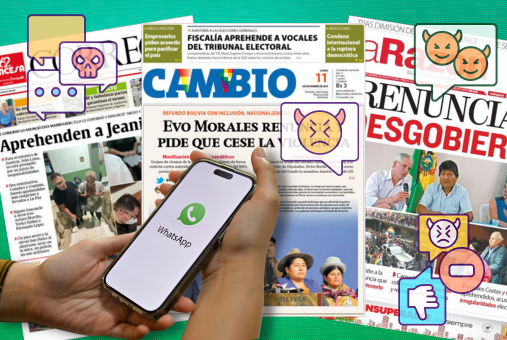
A project of Bolivia Verifica (Bolivia), with mentoring and support from Proyecto Desconfío (Argentina), seeks to promote dialogue, reflection and a culture of peace among Bolivian society by monitoring and verifying hate speech posts on social media aimed at vulnerable groups, and by distributing verified content through WhatsApp.
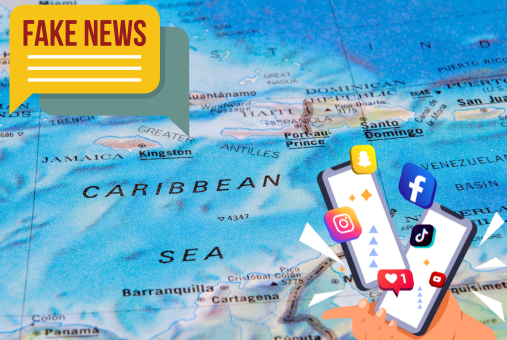
Promoting media literacy in schools, stimulating collaboration among the region's media and journalists, and improving the training and working conditions of communication professionals are necessary measures to lessen the impact of misinformation in the Caribbean, according to a study.
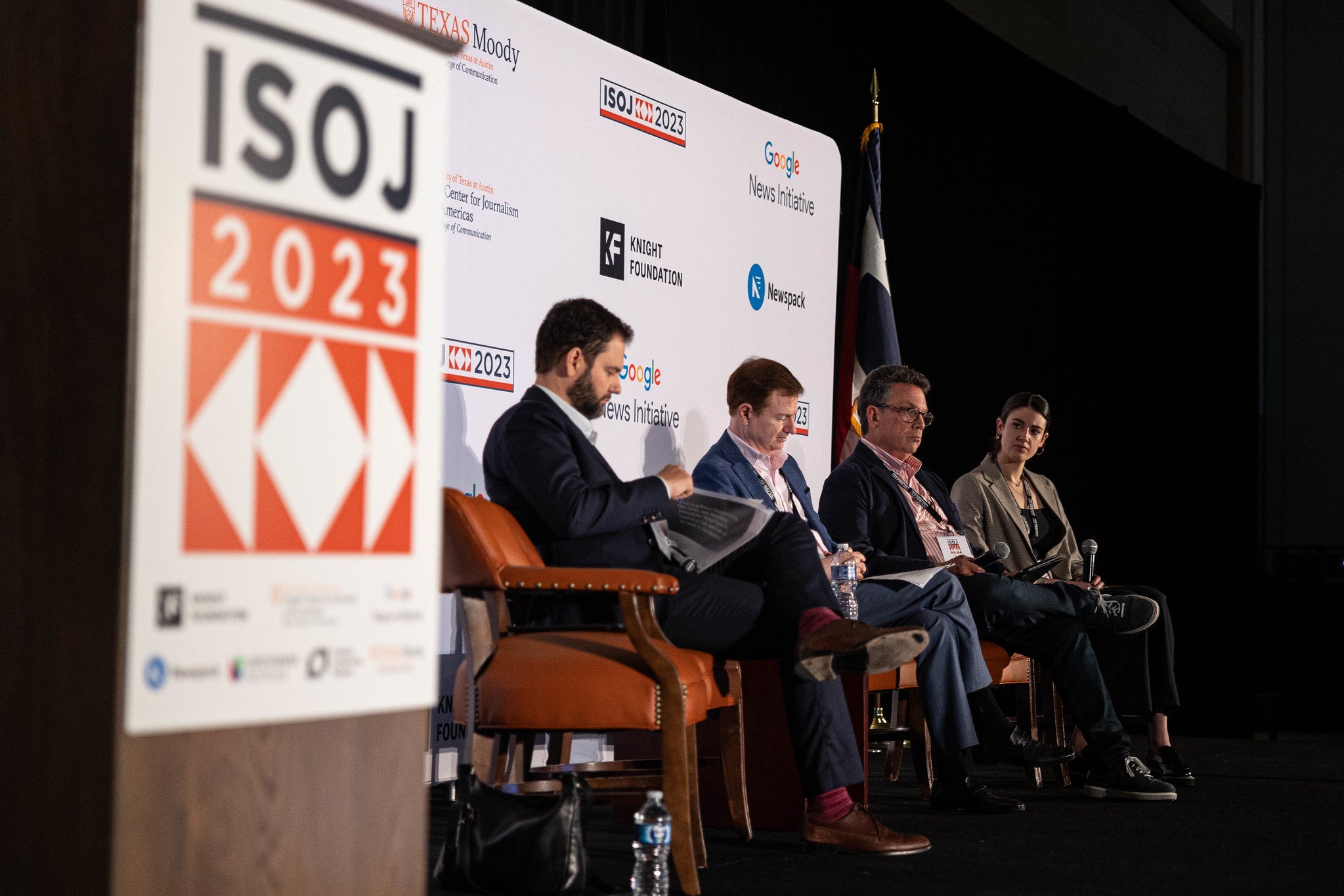
Glenn Kessler, chief fact checker at the Washington Post, Khaya Himmelman, a political misinformation reporter, Bill Adair, the founder of PolitiFact and Sérgio Dávila, editor-in-chief of Brazillian newspaper Folha de S.Paulo spoke on a panel about fact checking and misinformation in hyperpolarized times moderated by Anya Schiffrin of Columbia University.
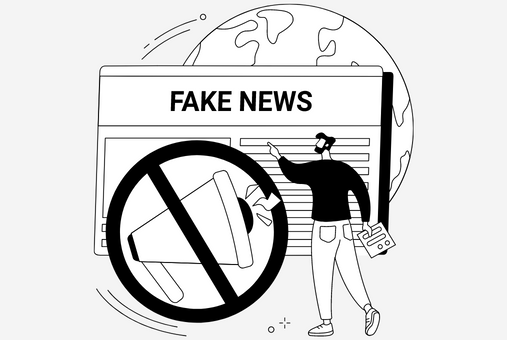
The ICFJ-led Empowering the Truth Global Summit seeks to enable fact-checkers to reach new audiences with real facts in new formats to combat the speed of misinformation. The invitation is for every Thursday in March in one and a half hour sessions in five languages.
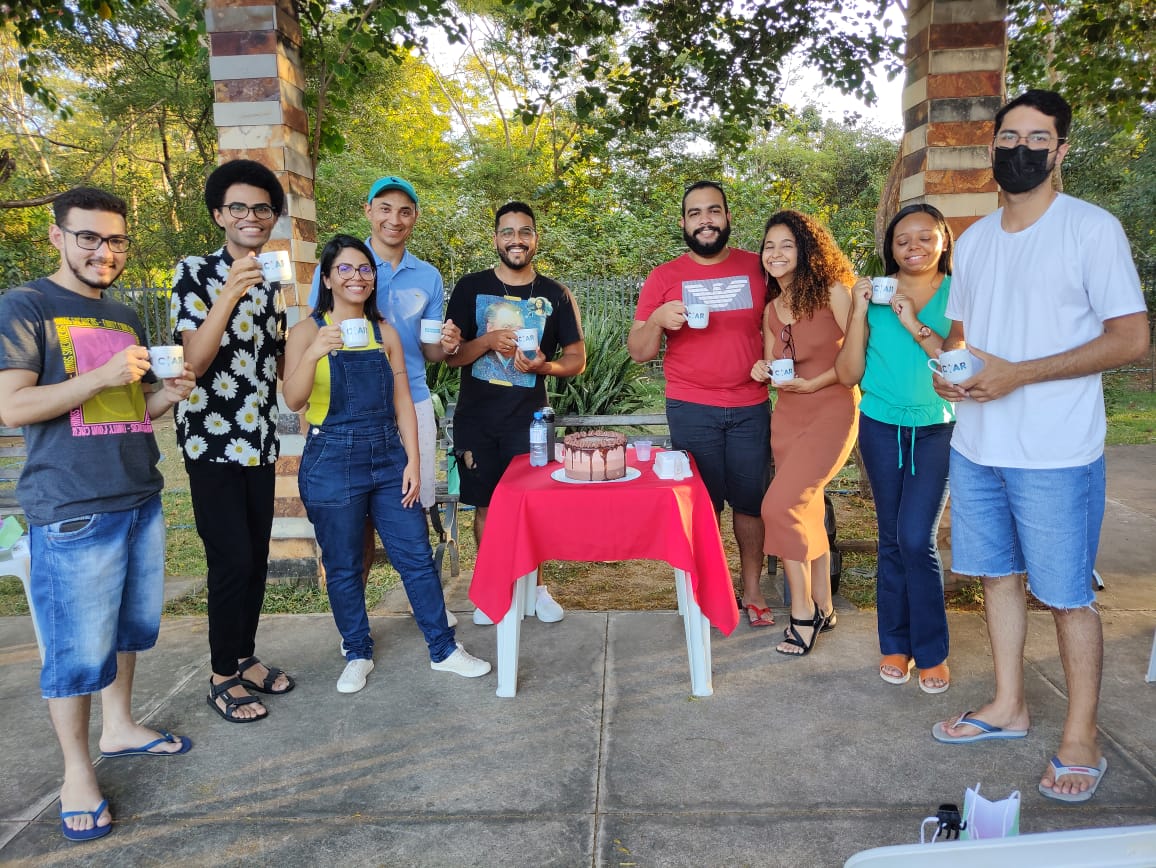
Coar is a fact-checking project focused on Brazil's Northern and Northeastern regions, where there is a higher incidence of cities without news outlets -- news deserts. With limited resources, Coar relies on partnerships with radio stations, TV stations, and regional websites to make news checking more accessible.
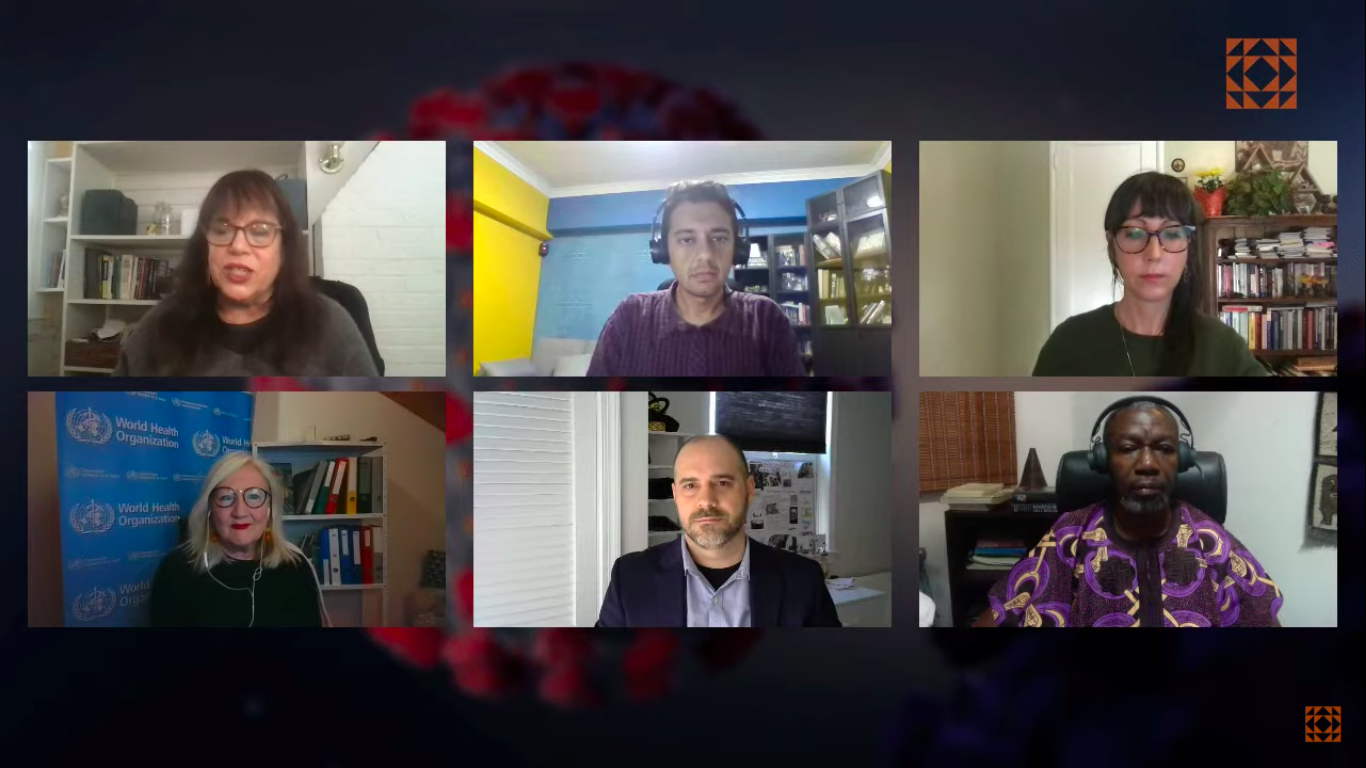
Panelists at the webinar "Variants, vaccines and medications: What journalists need to know to improve COVID-19 coverage" discussed some key points that journalists covering the coronavirus need to address to better tell their stories.
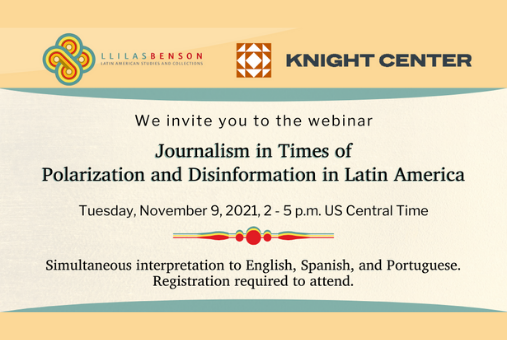
LLILAS Benson Latin American Studies and Collections and the Knight Center for Journalism in the Americas at the University of Texas at Austin will host a webinar on polarization, disinformation and the role of the press in protecting democracy and freedom of expression in the region.

The diagnosis was made by Brazilian researcher Giuliander Carpes, a doctoral candidate in communication and information sciences at the University of Toulouse III who has just published a study on the subject